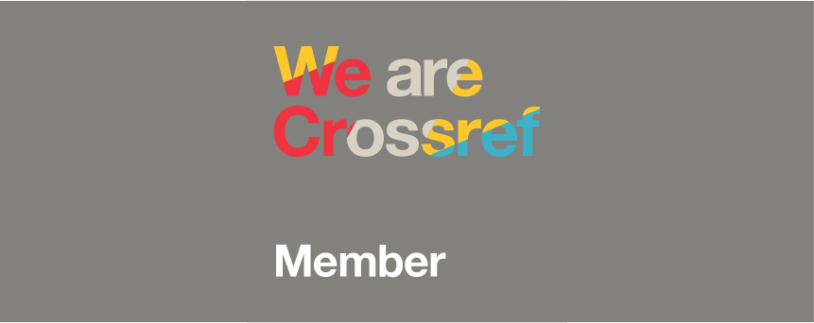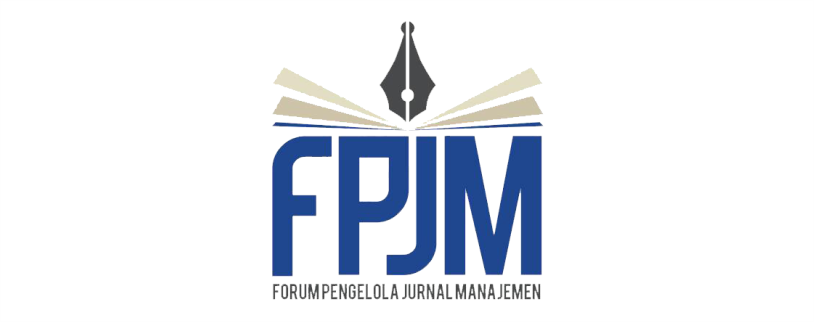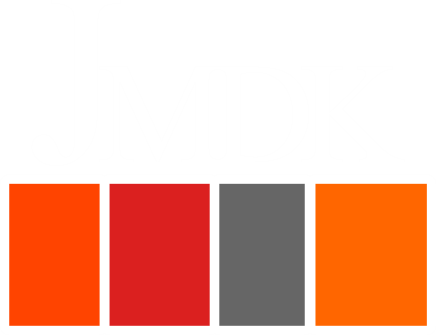Implementasi Theory of Planned Behavior terhadap Pemasaran Usaha Kecil Menengah melalui E-Commerce
DOI:
https://doi.org/10.26905/jmdk.v8i2.5098Keywords:
Attitude, Behavioral Control, E-Commerce, Intention, Marketing, Subjective NormsAbstract
Theory of Planned Behavior (TPB) has supported relationships for predicting many different people's behaviors. TPB shows that the proximal determinant of will behavior is one's intention to engage in that behavior. Attitudes and subjective norms are suggested to exert its effects of behavior through intention. The TPB model is also developed and was further refined based on the results of the model trials conducted using data collected in Malang. The purpose of this study is to analyze the influence of attitudes, subjective norms, and behavioral control on intentions and the translation process will then occur in the behavior of SMEs in marketing through e-commerce. The population in this study is the SMEs in Malang. The sampling technique is simple random sampling. Data analysis techniques use Structural Equation Modeling (SEM) analysis. The results of this study indicate: 1) attitudes, subjective norms, and behavioral control affect the intention, and 2) the intention variable mediates the effect of attitudes, subjective norms, and behavioral control on the behavior of SMEs in marketing through e-commerce by SMEs in Malang.
https://doi.org/10.26905/jmdk.v8i2.5098
Â
Downloads
References
Ajzen, I. (1991). The theory of planned behavior. Organizational Behavior and Human Decision Processes, 50, 179-211. https://doi.org/10.1016/0749-5978(91)90020-t
Ajzen, I. (2020). The theory of planned behavior: Frequently asked questions. Human Behavior & Emerging Technologies, 1-11. https://doi.org/10.1002/hbe2.195
Ajzen, I., & Sheikh, S. (2013). Action versus inaction: Anticipated affect in the theory of planned behavior. Journal of Applied Social Psychology, 43(1), 155-162. https://doi.org/10.1111/j.1559-1816.2012.00989.x
Armitage, C. J., & Conner, M. (2001). Efficacy of the theory of planned behavior: A meta-analytic review. British Journal of Social Psychology, 40, 471–499
Bosnjak, M., Ajzen, I., & Schmidt, P. (2020). The theory of planned behavior: Selected recent advances and applications. Europe’s Journal of Psychology, 16(3), 352-356. https://doi.org/10.5964/ejop.v16i3.3107
Darsono T, D., Susana, E., Prihantono, E, P. (2018). Small medium business marketing through E-Commerce (Theory of Planned Behavior Approach) Indonesian. IOSR Journal of Business and Management (IOSR-JBM), 20(10) http://dx.doi.org/10.9790/487X-2010045866
Darsono, J.T., Susana, E., Prihantono, E. Y. (2019). Strategic policies for small and medium businesses in marketing through e-commerce. Entrepreneurship and Sustainability Issues 7(2): 1230-1245. http://doi.org/10.9770/jesi.2019.7.2(30)
Davis, L. & Ajzen. (2002). The decision of African American students to complete high school: An application of the theory of planned behavior. Journal of Educational Psychology, Vol. 94, No. 4, 810–819.
Fayolle, A. & Gailly. (2005). Using The Theory Of Planned Behaviour to Assess Entrepreneurship Teaching Programmes. Center for Research in Change, Innovation and Strategy. Perancis.
Gillholm, R., Erdeus, J. & Gärling, T. (2001). The effect of choice on intention-behavior consistency. Scandinavian Journal of Psychology, in press.
Gollwitzer, P. M. & Oettingen, G. (1998). The emergence and implementation of health goals. Psychology and Health, 13, 687–715.
Gollwitzer, P. M. & Schaal, B. (1998). Metacognition in action: The importance of implementation intentions. Personality and Social Psychology Review, 2, 124–136.
Gollwitzer, P. M. (1999). Implementation intentions. Simple effects of simple plans. American Psychologist, 54, 493–501.
Hair, J.F., et al. (2010). Multivariate data analysis. (7th edition). New Jersey: Pearson Education Inc.
Havelka, D. (2003). Students Beliefs and Attitudes Toward Information Technology. Department of Decision Sciences and MIS. Miami University.
Hrubes, Ajzen, & Daigle. (2001). Predicting Hunting Intentions and Behavior: An Application of the Theory of Planned Behavior. Department of Agriculture Forest Service’s Northeastern Research Station.
Jostein, R., Marianne, T., & Bas V. (2003). Measuring implementations in the context of the theory of planned behavior. Scandinavian Journal of Psychology 44(2):87-95. DOI: 10.1111/1467-9450.00325
Kuncoro, M. (2008). Tujuh Tantangan UKM di Tengah Krisis Global. Harian Bisnis Indonesia 21 Oktober 2008.
La Barbera, F., & Ajzen, I. (2020). Control interactions in the theory of planned behavior: Rethinking the role of subjective norm. Europe’s Journal of Psychology, 16(3), 401-417. https://doi.org/10.5964/ejop.v16i3.2056
Loren, W., Eunro, L., Katherine J. Reynolds, K. A. & Klik. (2020). The theory of planned behavior and the social identity approach: A new look at group processes and social norms in the context of student binge drinking. Europe's Journal of Psychology. Vol. 16(3), 357–383, https://doi.org/10.5964/ejop.v16i3.1900
Marcoux, J. & Shope1. J. T. (1997). Application Of The Theory Of Planned Behavior To Adolescent Use And Misuse Of Alcohol. Health Education Research, Theory & Practice, Vol.12 No.3.
Rhodes R. E. (2003). Modelling The Theory Of Planned Behaviour And Past Behaviour. Psychology, Health & Medicine, Vol. 8, No. 1.
Solimun, M. S. (2002). Structural Equation Modeling (SEM) Lisrel dan Amos. Fakultas MIPA. Universitas Brawijaya. Malang.
Sutton, S. (1998). Predicting and explaining intentions and behavior: How well are we doing? Journal of Applied Social Psychology, 28, 1317–1338.
Zemore, S. E., & Ajzen, I. (2014). Predicting substance abuse treatment completion using a new scale based on the theory of planned behavior. Journal of Substance Abuse Treatment, 46(2), 174-182. https://doi.org/10.1016/j.jsat.2013.06.011
Downloads
Published
Issue
Section
License
Authors who publish with this journal agree to the following terms:
(1)Â Copyright of the published articles will be transferred to the journal as the publisher of the manuscripts. Therefore, the author confirms that the copyright has been managed by the journal.
(2) Publisher of Jurnal Penelitian is University of Merdeka Malang.
(3) The copyright follows Creative Commons Attribution–ShareAlike License (CC BY SA): This license allows to Share — copy and redistribute the material in any medium or format, Adapt — remix, transform, and build upon the material, for any purpose, even commercially.












